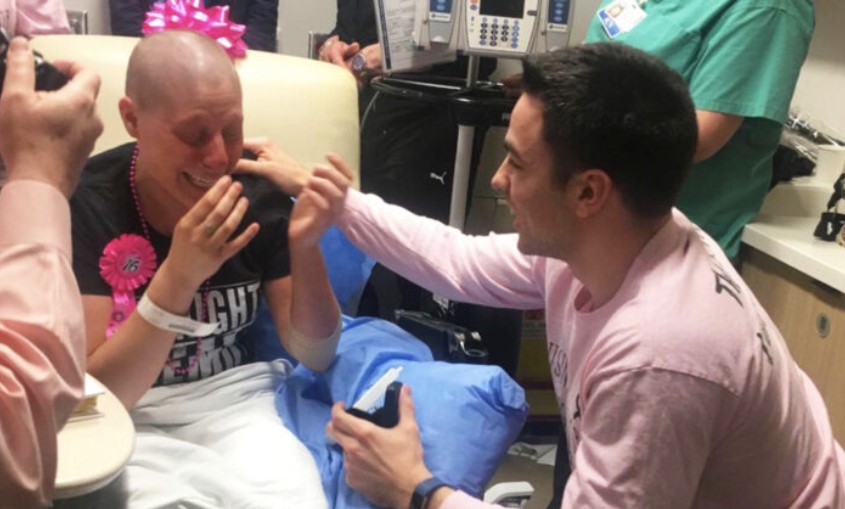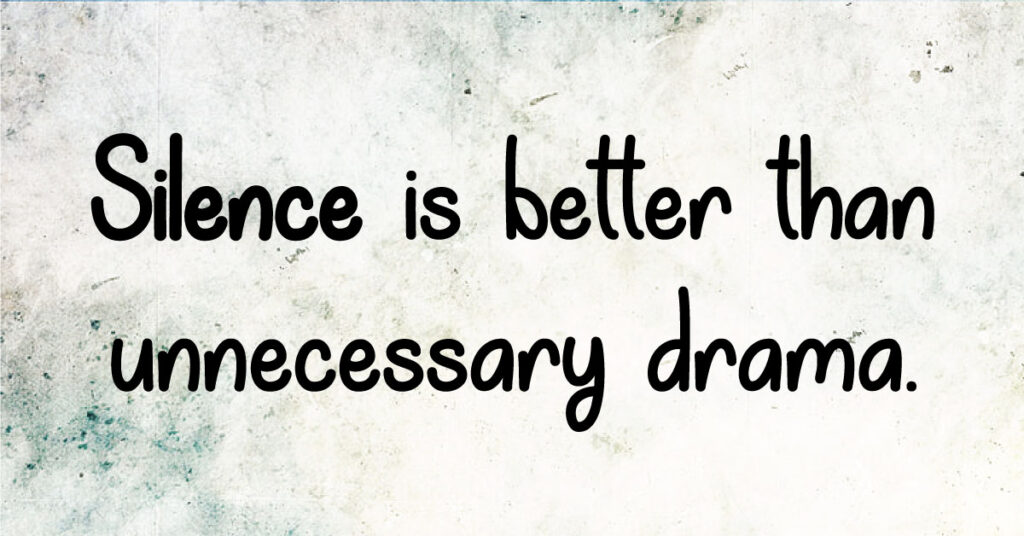Becoming a better person is a goal that many of us strive for. While there are different ways to define what it means to be a “better” person, it often involves developing qualities such as empathy, kindness, and honesty.
However, becoming a better person is not just about how you treat others; it also involves how you treat yourself. Self-improvement and self-care are essential components of personal growth, and they can lead to greater happiness, success, and fulfillment.
Improving yourself can have a positive impact on your relationships with others. When you develop qualities such as empathy and kindness, you become more understanding and supportive towards others.
You listen more attentively, communicate more effectively, and make an effort to understand their perspectives. This can lead to stronger relationships built on trust, respect, and mutual understanding.
Here are ten actions you can take to become a better person to both yourself and others
Practice empathy
Putting yourself in others’ shoes and trying to understand their perspective without judgment is a key component of empathy. When you take the time to see things from someone else’s point of view, it allows you to connect with them on a deeper level and build stronger relationships.
By practicing empathy, you can develop a greater sense of understanding and compassion towards others, even if you don’t always agree with their views or actions. Remember, everyone has unique experiences and perspectives that shape their beliefs, and taking the time to acknowledge and respect those differences can lead to greater understanding and harmony.
Be kind
Simple acts of kindness can have a significant impact on the people around us. Whether it’s offering a compliment, holding the door open, or helping with a task, these small gestures can make someone’s day a little brighter.
These acts not only make others feel good but also contribute to a more positive and supportive community. Through our kindness, we create a ripple effect that inspires others to do the same. Therefore, the next time you get the chance to do a small act of kindness, take it! You never know how much it might mean to someone else.
Listen actively
In a world that moves at a fast pace, giving someone your undivided attention while they speak is a powerful way to show that you value their thoughts and feelings. Inattentiveness caused by our devices or internal dialogue can lead to misunderstandings and strained relationships.
However, by consciously focusing on being present and attentive when someone talks to us, we demonstrate that we respect them and care about what they have to say. Active listening involves not only hearing words but also observing non-verbal cues, including gestures and tone of voice. Practicing active listening helps us build stronger connections with those around us and fosters deeper relationships.
Communicate effectively
Using clear and respectful language when expressing your thoughts and needs to others is an important aspect of effective communication. When we communicate with clarity and respect, we reduce the chances of misunderstandings and conflicts. It’s important to be direct and honest when expressing our thoughts and feelings, while still being mindful of how our words might impact the other person.
By choosing our words carefully and avoiding negative or offensive language, we can convey our message in a way that is both effective and respectful. Whether we are communicating with family members, friends, or colleagues, using clear and respectful language helps us to build stronger relationships based on mutual understanding and trust.
Practice forgiveness
Holding onto grudges and resentment can be incredibly harmful, both to ourselves and to our relationships with others. When we hold onto negative emotions towards someone else, it can create a toxic environment that damages our mental and emotional well-being.
Forgiveness is not about excusing someone else’s behavior, but rather about choosing to let go of the negative emotions that are holding us back. By forgiving others for their mistakes, we free ourselves from the burden of anger and resentment and open ourselves up to greater peace, happiness, and fulfillment.
Set boundaries
Saying “no” when necessary is crucial for setting boundaries and prioritizing our well-being. Often, saying “yes” to everything can result in burnout and resentment, especially if we are seeking to please others or avoid conflict. By acknowledging when we need to step back and prioritize self-care, we can improve our lives quality. Saying “no” allows us to live more authentically, focus on things that matter, and empower ourselves to make conscious decisions that support our mental and emotional health and overall well-being.
Take care of yourself
Maintaining overall health and well-being requires making time for activities that nourish our mind, body, and soul through self-care. This can take many forms, such as meditation, exercise, reading, spending time in nature, or taking a relaxing bath.
Prioritizing self-care benefits both our physical and mental health by reducing stress and boosting our mood. It’s important to recognize that prioritizing self-care is not selfish but an essential component of a well-rounded and fulfilling life. By taking care of ourselves, we enhance our ability to show up fully for the people and responsibilities that matter most to us.
Seek personal growth
Personal growth and self-improvement require us to challenge ourselves by learning new skills, exploring new interests, and broadening our perspectives. Although stepping outside of our comfort zone may be intimidating, it can be highly rewarding. It enables us to develop new talents, build confidence, and gain deeper insights into ourselves and the world around us.
Engaging in activities such as taking a class, traveling to a new place, or trying a new hobby can expand our horizons and help us evolve. By embracing challenges and pursuing personal growth, we can experience greater happiness, fulfillment, and success in life.
Practice gratitude
Focusing on the positive aspects of our lives and expressing gratitude for the people and experiences that bring us joy is an important aspect of cultivating a positive and fulfilling life. It’s easy to get caught up in negativity and stress, but by intentionally focusing on the good things in our lives, we can improve our mood and overall well-being.
Practicing gratitude involves acknowledging and appreciating the blessings in our lives, no matter how small they may seem. By expressing gratitude for the people who support us and the experiences that bring us happiness, we cultivate a sense of abundance and contentment that can lead to greater joy and fulfillment.
Treat yourself with compassion
Being gentle and supportive towards ourselves, especially during challenging times, is essential for maintaining our emotional and mental well-being. It’s important to remember that we all make mistakes and face obstacles in life, and it’s okay to ask for help when we need it.
By treating ourselves with the same kindness and compassion that we offer to others, we build a foundation of self-love and self-respect that can help us overcome challenges and thrive. Through self-compassion and self-care, we cultivate resilience, courage, and strength that can carry us through even the toughest of times.








